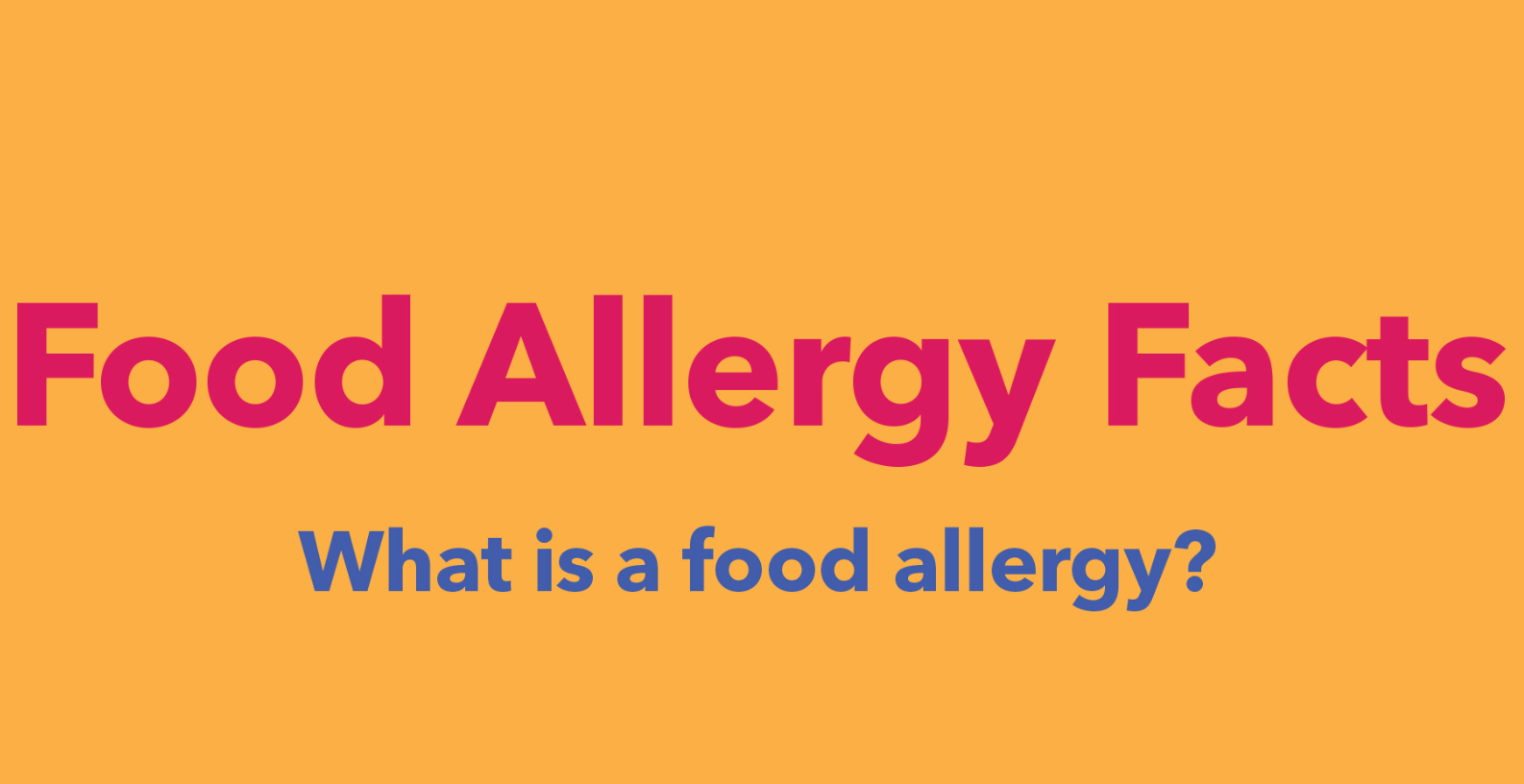I recently read a thought-provoking article about how children with food allergies are excluded and bullied in school, as much by teachers as by other students.
The article was written by a mother of two children with life-threatening food allergies, and it reveals a number of ways in which others’ dismissal of their needs diminishes their self-worth. If a teacher brings in cupcakes for the class, not only is the child excluded, forced to watch while everyone else eats, but also, the child has to reject the offer of food, a stigmatizing act in itself. “Sometimes,” article contributor, Dr. Alvarez writes, “the teacher makes multiple attempts to convince the child to eat the life-threatening food! Again and again, the child receives a message that he or she does not matter, that his or her needs are not as important as everyone else’s, or that he or she is a burden.”
That is exactly the message that I internalized when I was diagnosed with multiple food allergies and intolerances a number of years ago, as an adult. Too often at events, people with special dietary needs are fed at a different time than everyone else, or not at all. Their tablemates eye their food and wonder “what’s wrong” with them. Servers in restaurants often grow impatient with diners who communicate their needs, because it means a special trip to the kitchen to ask the chef a question, or the extra care of putting in and paying attention to a special request.
The cumulative effect is diminishment. I’m an adult, and I feel comfortable standing up for what I need, but my morale has been slowly chipped away by unfriendly or lackadaisical servers.
One paragraph that really stopped me was this: “When adults exclude the child with food allergies, they are modeling exclusion for everyone. They are sending a message to all the kids that it is okay to exclude the allergic child, and a message to the allergic child that they are not worth including.”
This reveals just how high the stakes are for creating a safe and inclusive community around food. Sure, our attendees are almost always adults, but that doesn’t mean they aren’t affected by social stigmatization. Everyone needs to feel safe and accepted in order to learn–and that’s a key reason why people come to meetings.
We event planners have the power to model inclusivity or exclusivity around food. What if we committed to treating our food-allergic friends and colleagues with respect for their needs? What if the meetings industry committed to careful food preparation and nonjudgmental service for all groups? Then, meetings and events would be even greater opportunities for growth, both for people affected by food allergies and those who aren’t. Meeting can model inclusivity and acceptance for all.



